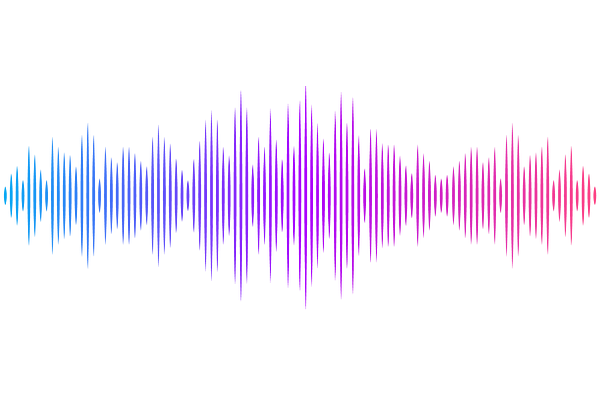Natural Selection in a Synthetic Yeast Endosymbiont Promotes Stable Coexistence

Natural Selection in a Synthetic Yeast Endosymbiont Promotes Stable Coexistence
Supekova, L.; Zhou, H.; Barcellos, I. H.; Nguyen, C.; Dik, D. A.; Schultz, P. G.
AbstractBacteria engulfment by a higher order host is believed to be the beginning of an evolutionary process that ultimately formed mitochondria. In an effort to experimentally elucidate the early effects of natural selection on bacteria resident in a eukaryotic host, a synthetic endosymbiont model system has been exploited. Here we describe a reproducible series of mutations that were observed after Escherichia coli was passaged within Saccharomyces cerevisiae for >8 passages which led to enhanced coexistence of bacteria within the yeast. These naturally selected mutations, formed by gene acquisition of trans-posable elements in rcsC, cpxA, and idnK, result in both functional and non-functional protein products with phenotypic effects on the bacteria that promote endosymbiont stability.